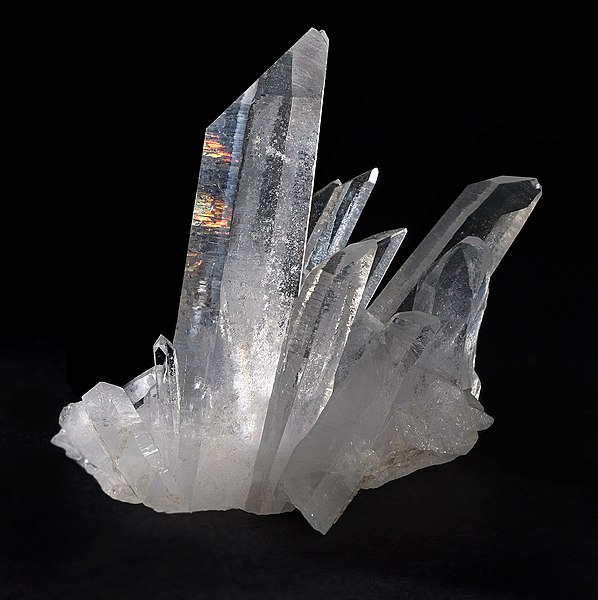Silicon may work for quantum computing

The idea with silicon-based quantum computers is that impurities form the basis of a qubits. If you drop a single phosphorous atom into a silicon crystal, it replaces a silicon atom. But it has one proton and one electron more than the surrounding atoms. That single proton and electron behave like their own little artificial atom, one that looks a lot like hydrogen.
…
It turns out that selenium works very well. The coherence times and state lifetimes are good enough to use. And it seems that one of the problems that often plagues solid state systems—vibrations of the crystal disrupting the atomic states—do not seem to cause problems (though Simmons cautions that this is still not thoroughly tested).
Source: arstechnica.com